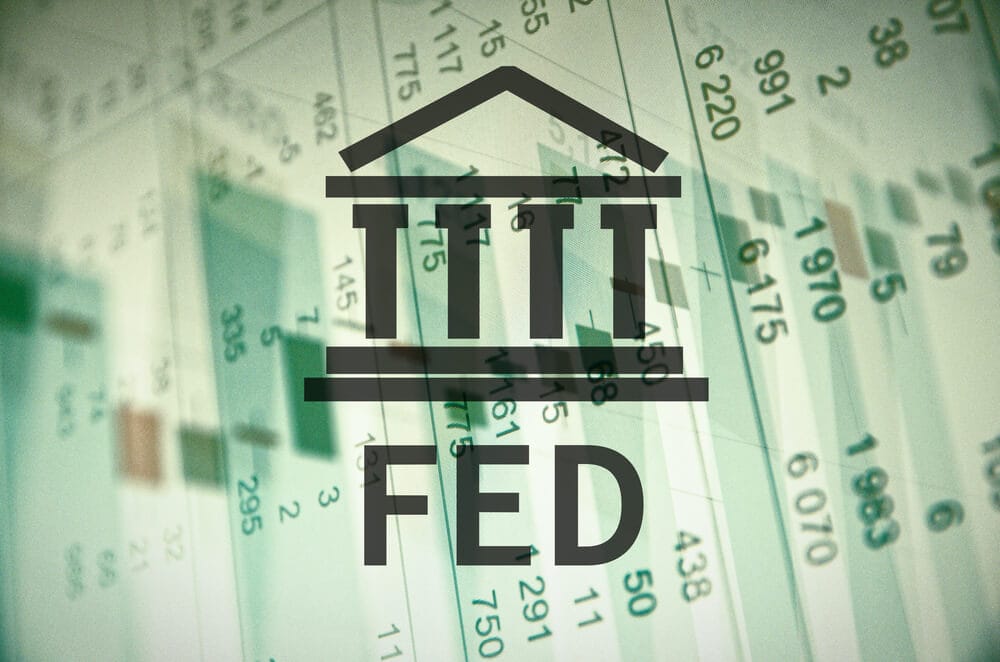When the Federal Reserve mentions interest rates, they’re not talking about interest rates on home loans.
They’re referring to the rate the Federal Government charges on the money they lend to banks and financial institutions, also knows as the Federal Discount Rate.
Interest rates on home loans are predominately controlled by the U.S. Mortgage-Backed Securities (MBS) Bond Market, and the buying and selling of these bonds by institutional investors.
What Are Some Factors in Rising Rates?
Without question, the cost to borrow money plays a major factor in the behaviors of these investors. But there are many other factors that influence the trading habits of institutional investors.
Mortgage-backed securities are considered to be a relatively safe investment. When an institutional investor such as an insurance company or mutual fund is concerned about market volatility, they will move their money into these types of securities.

This action typically triggers a higher bond price and creates downward pressure on interest rates.
For example, during the first part of 2015 when the price of oil began to fall, investors started moving their money out of oil, which triggered an increase in the bond market and lowered interest rates.
What Influences Rising Rates?
Whenever there is international instability such as currently in Greece, or what many are speculating could be a much larger issue of China moving into a recession (which could spark a global economic slowdown), there is a good chance for price increases to follow in the bond market.
In closing, there are many factors that influence interest rates on home loans.
The rising of the Federal Discount Rate is a significant part of the picture, but there are also many other counter factors at play, which is probably why many economists are forecasting significantly lower interest rates.
I’d like to share with you an article I read recently that addresses the potential cost of waiting to purchase a home quite well: http://www.keepingcurrentmatters.com/2015/07/14/what-if-i-wait-until-next-year-to-buy/


